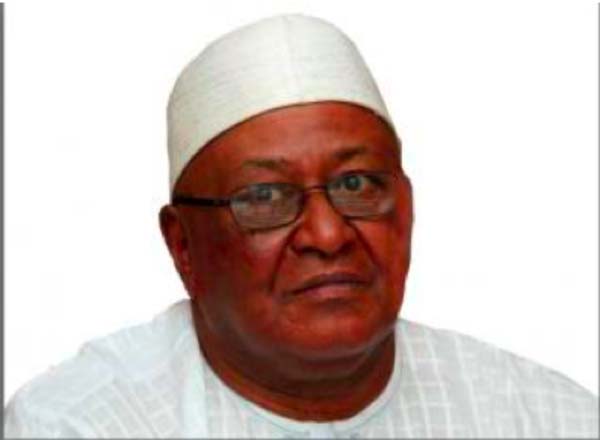
The presidential election, he announced, will be held on Thursday 1 December 2016; the National Assembly elections will be held on Thursday 6 April 2017 and the Local Government elections on Thursday 12 April 2018.
He also announced that the IEC is gearing up for the supplementary voter registration, come 14 January 2016.
Chairman Carayol made the announcement at a press briefing held at Election House in launching the electoral calendar for 2016 through 2018.
He added that the IEC had prepared voter registration officers to conduct the exercise starting 14 January through 12 March 2016, including Saturdays, Sundays and on public holidays.
The purpose of the supplementary voter registration is for those who have newly turned 18 years or will be 18 years old by 1 December 2016, he said:“It is also meant for those who are 18 years or more, but missed the last general voter registration because they were not in the country.”
He added that those who registered in the last general voter registration in 2011 must not register.
According to the Elections Amendment Act 2015, there is no transfer of voting cards, he further stated.
However, there is provision for replacement of voting cards, which would go on concurrently with the supplementary registration of voters from 14 January to 12 March 2016.
One could go to where one got registered in 2011 if one’s card is lost, damaged, mutilated or defaced, for replacement at a cost of one hundred dalasi (D100).
Talking about the qualifications for registration, the IEC Chairman said the provision of five elders of any locality attesting for the citizenship of any person has now been removed from the law, according to Elections Amendment Act 2015.
“There is penalty attached for double registration with a prison term of two years and/or a fine of twenty-five thousand dalasis (D25,000) and the person or persons [shall be] barred from any electoral activity for ten years.”
A complete and accurate voters list is the starting point of a credible election, he said, adding that this prevents voters from voting more than once and unregistered voters from voting.
He said: “The use of biometrics for automatic de-duplication, verification and authentication at the point of registration represents the best solution in ensuring election with highest integrity, which is always a priority area for the conduct of elections in The Gambia.”
The IEC official further dilated on the need to shift from the traditional method of registering voters, which uses instant Polaroid cameras and films together with cold laminate pouches to a modern and state-of-the-art technology.
It would be recalled that the electoral reforms instituted by the IEC led to amendments to the country’s election law, which now requires that a presidential candidate must pay D500,000 and should be nominated by at least 10,000 voters residing in the regions.
It also stated that the fee for registering a party is D500,000 and all parties must have offices in the seven regions of the country.
Furthermore, parliamentary candidates are required to pay D50,000 for registration.
Read Other Articles In Article (Archive)
Cherishing good character
Aug 12, 2010, 11:42 AM
Prosecutor replies to defense address
Jul 9, 2010, 3:23 PM


